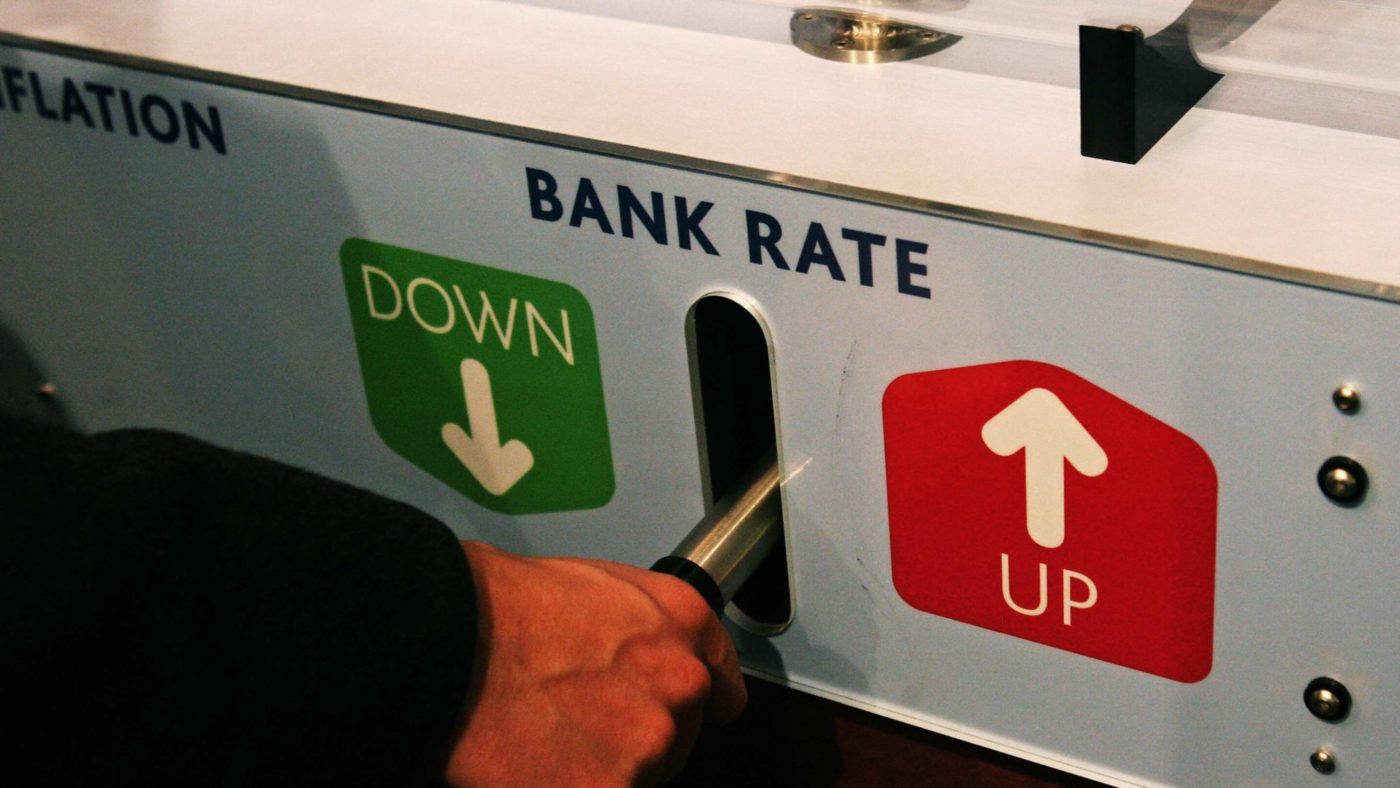The IMF’s latest World Economic Outlook has received more attention than usual, thanks to some eye-catching work on the long-term trend in interest rates. This has prompted headlines ranging from ‘Ultra-low interest rates will return in Britain, IMF says‘ in The Telegraph, to ‘New IMF prediction is good news for homeowners’ in The Mirror. So what’s this about?
The IMF analysis is explained well in a blog published on its website. In short, the IMF is looking at the ‘natural’ or ‘neutral’ rate of interest, which is the real interest rate that neither stimulates nor contracts the economy. It concludes that once the current inflation shock has passed, interest rates are likely to head back towards pre-pandemic levels in the advanced economies. In the case of the UK, it suggests that this natural rate might now be as low as 0.3%.
But there are three key points here that some have missed.
First, this is a real interest rate, that is after allowing for inflation. If you expect UK inflation to settle around 2-3%, the IMF analysis would be consistent with a nominal interest rate of (say) 2.5-3.5%. That would still be higher than the near-zero nominal rates over most of the period between the Global Financial Crisis of 2008-09 and the Covid pandemic.
What’s more, these sorts of numbers are already priced into the markets (which goes a long way towards justifying the still-high valuations of equities and bonds). You only need to look at the forward curves published by the Bank of England – or just take my word for it!
Second, this is long-term analysis of a theoretical rate of interest. It does not mean that actual interest rates are bound to fall to the natural rate any time soon.
Indeed, actual rates can diverge from the natural rate for long periods of time, especially if central banks believe that a restrictive policy stance is still necessary to bear down on inflation. For what it’s worth, I think it is premature to talk about big cuts in UK interest rates when inflation (including core inflation) is still so far above target, and when the Bank of England has only just corrected a long period when rates were too low.
Remember also that this is only the views of (some) IMF economists. Their analysis can be influential (for example, it provided some of the original justification for ‘austerity’ policies). But decisions on interest rates are made by individual central banks.
Other economists have argued that supply constraints mean that real interest rates may need to be higher than before to keep inflation under control. The IMF itself acknowledges that high government borrowing could keep interest rates high too.
That said, I would not dismiss the IMF analysis of the long-term drivers of real interest rates just because their short-term economic forecasting record is middling. These are two very different things.
Counter-intuitively, it is often harder to forecast the short term than the long term. For example, you might be a lot more confident that Arsenal will be Premier League champions at the end of the season than that they will win their next match 3-0 (though both seem likely to me).
Third, context is important – and in this case it is hard to see the IMF analysis as a ‘good news’ story. The IMF expects the natural rate to remain low because it is relatively pessimistic about the prospects for economic growth, due to adverse demographics, the cost of net zero, low productivity, and high tax and spend policies.
This means that an extended period of low interest rates would be a symptom of economic weakness, rather than something to cheer (even for homeowners, or governments). Indeed, the IMF’s baseline forecasts of the natural rate are even lower for Germany (around zero), Japan (-0.3%), and especially France (-0.6%), than they are for the UK (0.3%).
More positively, the return of ultra-low interest rates is not inevitable, with better policy choices that boost productivity and growth. Put another way, it could still be better if economic growth were stronger and interest rates were higher. So hopefully the IMF will be proved wrong again, this time for a good reason.
Click here to subscribe to our daily briefing – the best pieces from CapX and across the web.
CapX depends on the generosity of its readers. If you value what we do, please consider making a donation.


